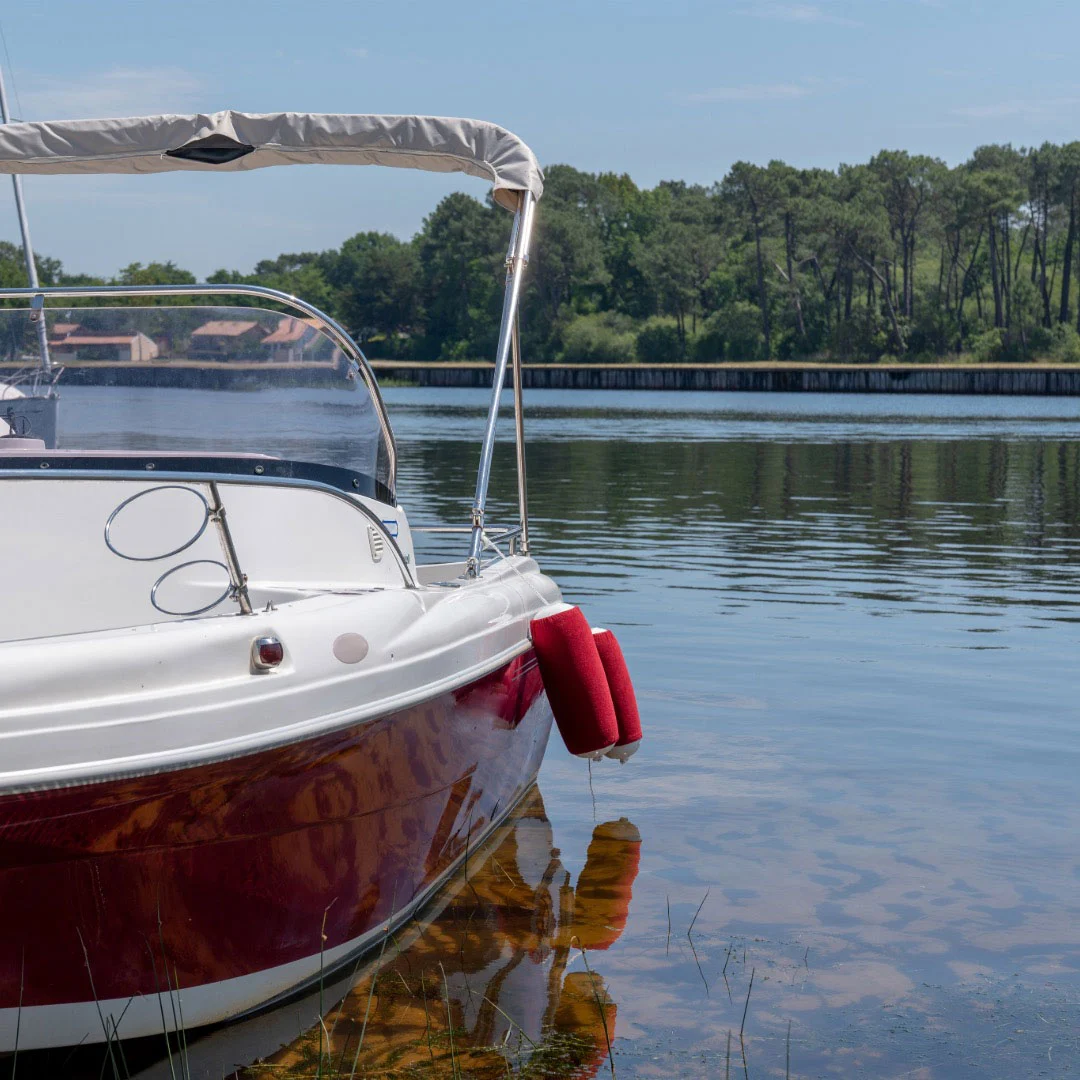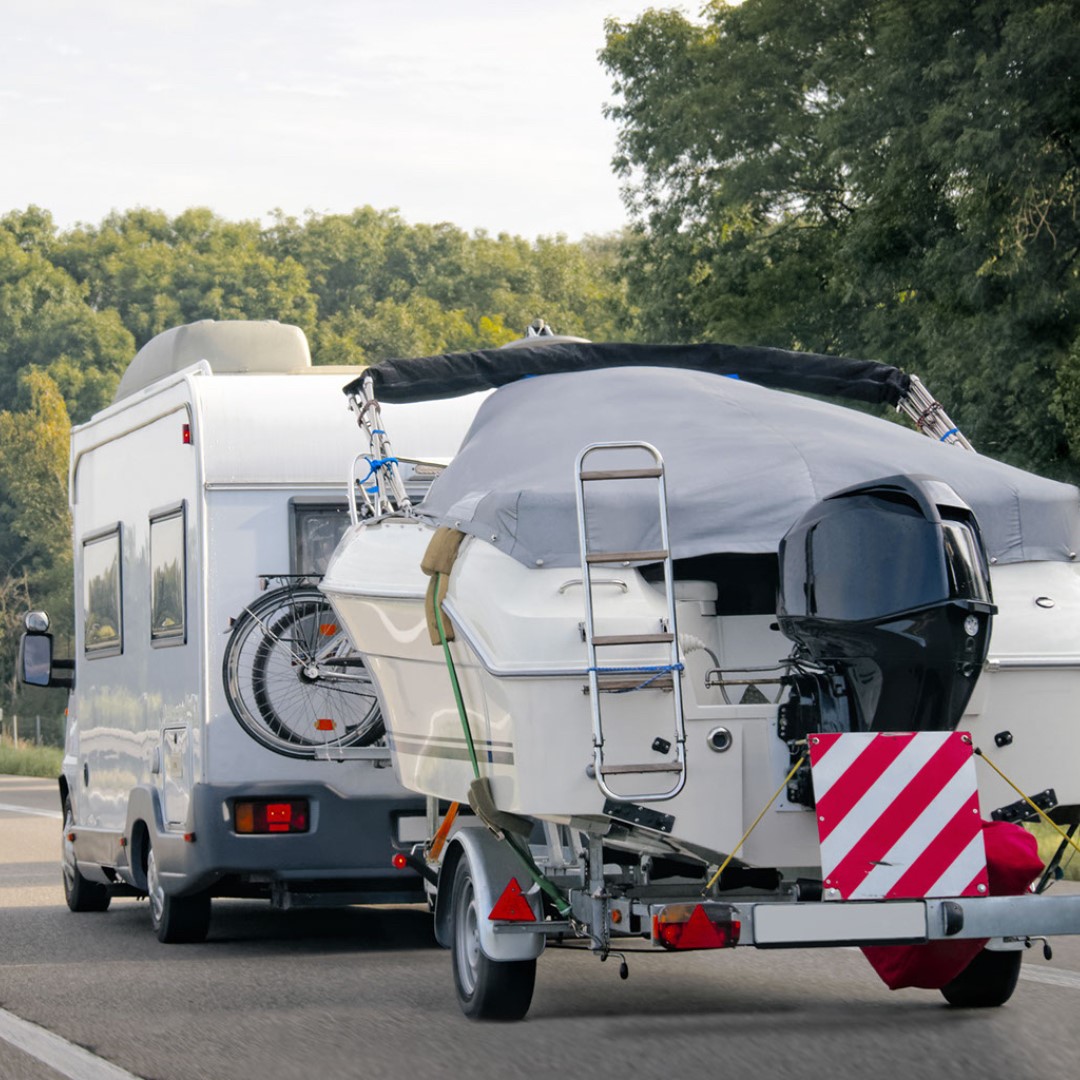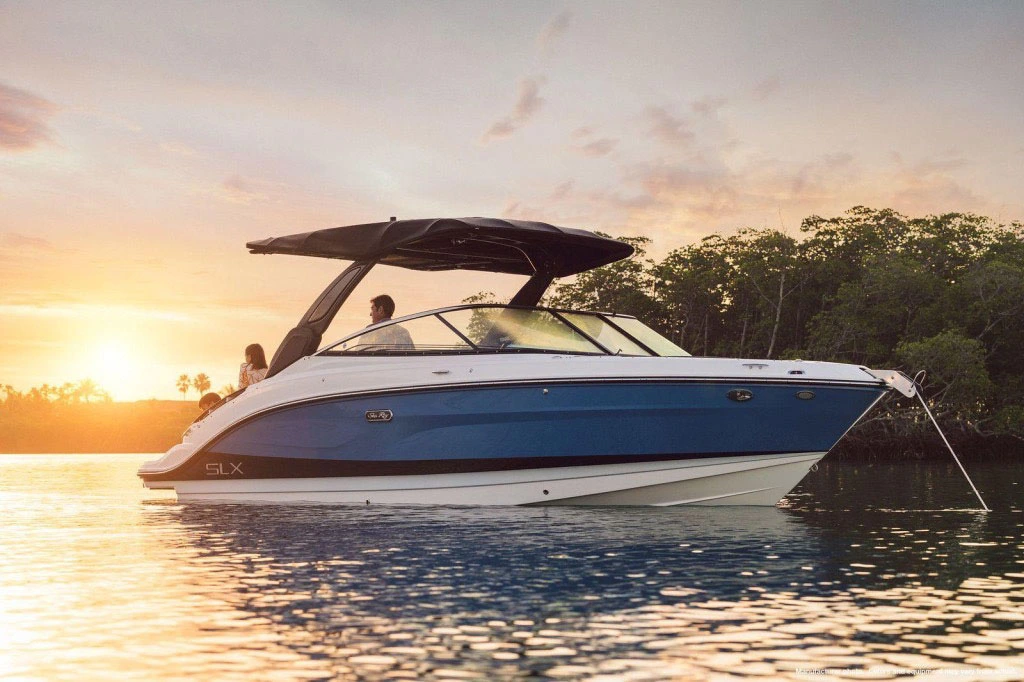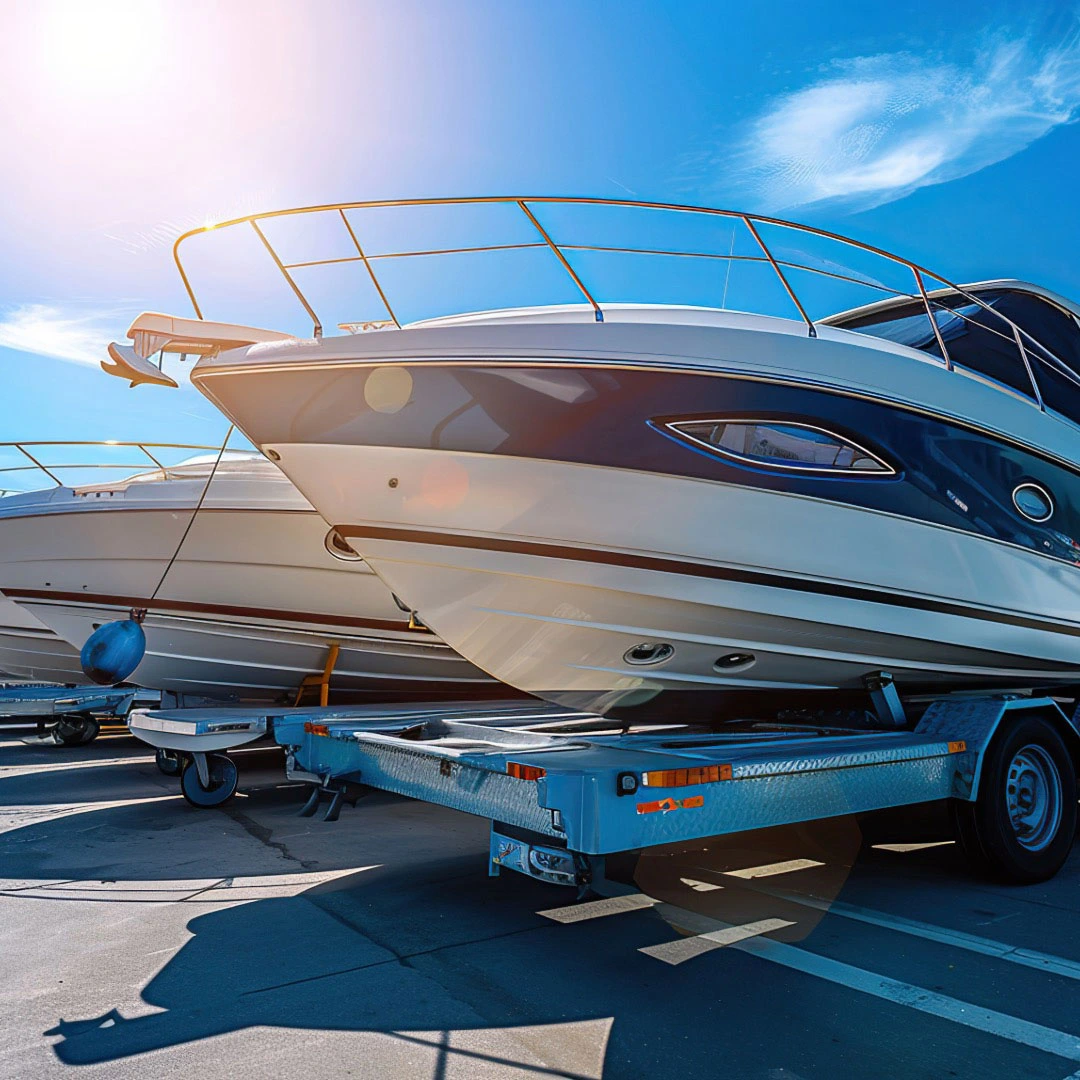Just bought your dream boat? Now’s the time to make it official – Get your boat registered! Think of it like getting your car registered, but for the water. Every state has its own rules, but BoatCrazy can help you navigate the process smoothly.
How to Register Your Boat
- Research State Requirements: Begin by understanding the specific boat registration rules in your state.
- Complete the Registration Form: This can usually be done online, by mail, or in person.
- Provide Proof of Ownership: Typically, you’ll need a title and/or bill of sale.
- Pay the Registration Fee: Fees vary based on state requirements and vessel size.
- Renew Registration Promptly: Stay aware of the expiration date and renew as necessary.
Which Boats Need Registration?
Boats with gasoline, diesel, or electric motors—including Personal Watercrafts (PWCs)—generally require registration. Sailboats without motors may also need registration if they exceed a certain size, typically eight feet, depending on state regulations. Human-powered crafts like kayaks and canoes usually do not require registration.

Where to Register Your Boat
Most states also allow registration through the Department of Motor Vehicles (DMV), Department of Fish and Game, Department of Licensing, or Department of Natural Resources (DNR). Remember, a boat can only be registered in one state.
Boat Registration Numbers and Stickers
Your boat’s registration number functions like a license plate and must be displayed on both sides of the hull near the bow. Numbers are typically 3-inch block letters that are easily visible and can be purchased at hardware stores. You’ll also need a registration sticker or decal indicating the registration’s validity period.
Renewing Your Boat Registration
Renewal forms and bills are usually sent by your boat registration authority. Once you’ve paid the fee, you’ll receive a renewal sticker.
Frequently Asked Questions.
Boat insurance requirements vary by state and may depend on factors such as boat size, type, and intended use. While some states may not require insurance for boat registration, it’s highly recommended to protect your investment and liability.
You should always carry your boat registration certificate onboard. Some states also require you to carry proof of ownership, such as a title or bill of sale, and any required safety equipment or certificates.
Yes, boat registrations can typically be transferred to a new owner. This process usually involves completing a transfer form provided by the state’s registration authority and paying any applicable fees.
Yes, registering a boat for commercial use may involve additional requirements such as inspections, certifications, and compliance with specific safety regulations. It’s important to check with your state’s registration authority or maritime agency for detailed requirements.
If you lose your registration sticker or number, you’ll need to contact your state’s registration authority to request a replacement. This may involve completing a form and paying a replacement fee.
You can typically update your registration information by contacting your state’s registration authority directly. This may involve submitting a change of address form or updating your information online through the registration portal.
Some states may have age or residency requirements for boat registration. For example, you may need to be a certain age to register a boat in your name, or there may be residency requirements to register the boat in that state. Check with your state’s registration authority for specific details.
Penalties for operating an unregistered boat vary by state but may include fines, impoundment of the vessel, or other enforcement actions. It’s important to ensure your boat is properly registered to avoid legal consequences.
Yes, most states require you to display your boat’s registration number and sticker when the boat is in use on public waterways. If your boat is stored or docked, the registration number and sticker may need to be visible, depending on local regulations.
More for you to read
How To Get Your Boating License?











